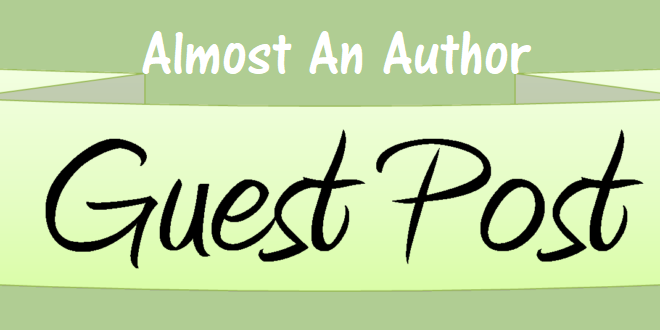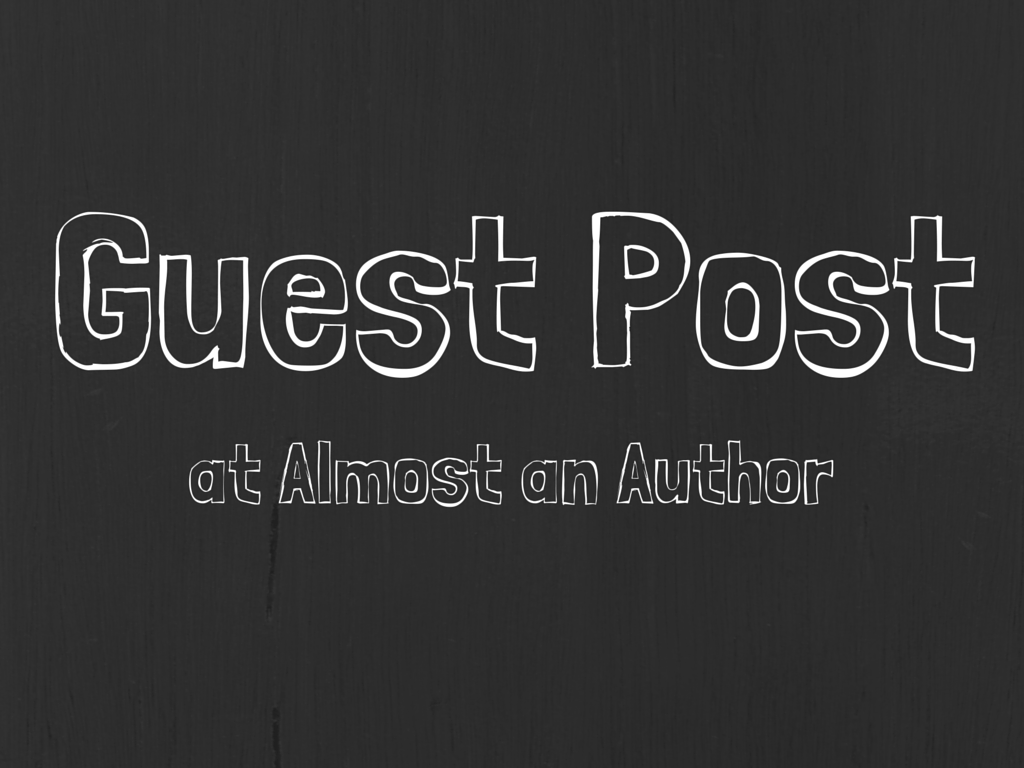Which is easier: fiction or nonfiction? It depends … on who you ask and when you ask them.
Today I’m learning about characters, dialogue, and plot to create my first screenplay. But five years ago, fiction appealed to me as much as a creepy clown beckoning me into the woods. The “what if?” possibilities stretched before me like the toothpaste aisle at Walmart. #Overwhelmed
In 2012 I left the pastoral ministry to write a nonfiction book. Sermons, reports, and newsletters trained me to communicate about real things, factual events. Last spring on CreateSpace, I released Choose: Fulfill Your Created Purpose for high school graduates.
Over the past five years, I’ve learned three hard lessons writing nonfiction.
- Some nonfiction should be shared NOW.
“Now” means after the work has been appropriately revised, critiqued, and/or edited.
What if I get rejected? Welcome to the club. But the only way our words can change lives is to risk sending them into the world. If you need a nudge to submit your work, have you heard encouragement like this?
- “You can’t hit a home run from the dugout.”
- “You can’t grow a garden with unplanted seeds.”
- “You can’t walk on water if you don’t get out of the boat.”
They don’t pay if my work is accepted. Income is nice, but to learn the craft and establish myself as a serious writer, I had to accept a number of free opportunities for publication. This journey is a marathon, not a sprint. Three popular options:
- Blogs (your own site and guest posts for other blogs)
- Compilations (such as Bible studies or Christmas stories)
- Devotions (such as Christian Devotions Ministries)
- Some nonfiction should be shared NOT YET.
“Not yet” implies a season of discernment before a decision later.
If we birth our manuscript prematurely, we can count on low sales and bad reviews. Editors are our friends. They’ll help us develop our “baby” until it’s ready for delivery.
Which could take a while. At my first writers’ conference in 2013, the first several pages of my 65,000 word draft on clergy burnout was critiqued. The raw candor began:
At 12:01 p.m. on June 20, 2012, I walked out on the bride of Christ. I still loved Jesus with everything I had. But I was through taking care of his demanding bride. I was tired of her turning me and others off with her unattractive behavior. I was done. No more trying to meet the endless needs of his self-centered church.
The feedback? “It felt like the opening of Saving Private Ryan. Keep writing through the pain. But don’t publish until you move beyond the pain, so you can temper your hurt with hope for the reader.”
Continue healing until you can discuss awful experiences with objectivity. Readers don’t want to wallow in our trauma. They seek solutions and redemption for their pain. When we can offer a way forward, readers will embrace the help.
Today, much of my rant on clergy burnout remains where it belongs: in a file. I may or may not stare it in the face again someday. Yet I did use parts of that draft in Choose. Those areas were ready to help my target audience.
- Some nonfiction should be shared NEVER.
“Never” involves topics best treated as free therapy – thus kept confidential – since words can’t be erased once they’re online or in print.
Are the people who hurt us still alive? The long-term cost may not justify the short-term satisfaction of paying back a harmful character. Unlike a novelist, we can’t disguise the real-life model for our villain by changing their name, gender, and occupation.
If strong emotions bubble up while we write, use the keyboard to release the molten lava. Don’t hold back. Let it rip! Rain fire and brimstone on that stinky dog who treated us like a fire hydrant. Justice feels wonderful! Then, take a deep breath … exhale slowly … and press DELETE.
Three of the hardest lessons I learned about writing nonfiction reflect the importance of timing: (1) Now. (2) Not yet. (3) Never. May we choose wisely.
David Brannock is a clear writer and speaker who loves using analogies and teaching new perspectives. He previously worked as a CPA, instructor, and pastor. David’s current projects involve writing drama for stage and screen. Visit him at DavidBrannock.com.




 We love helping your growing in your writing career.
We love helping your growing in your writing career.

Thank you for this helpful advice. Writing through pain can be very emotional and it is so true about waiting on God and using discernment. We want to help and heal with our words, not damage others. A current WIP involves personal struggles with difficult times within the church, and I know it needs to be edited and edited and edited yet again but that first rough draft is just that…Rough!